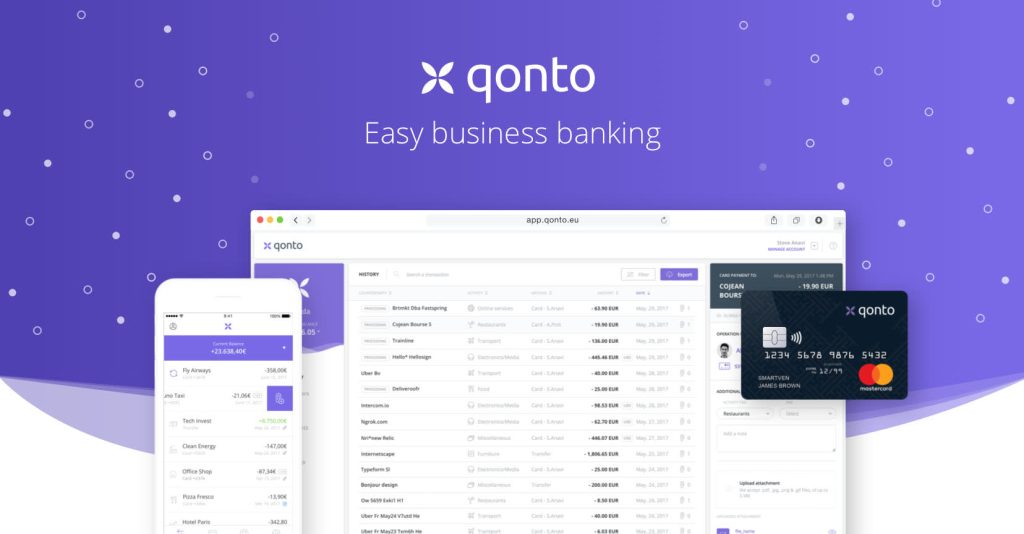Introduction
When it comes to running a successful business, customer feedback plays a crucial role. By gaining insight and understanding from your customers, you can make informed decisions to improve your products, services, and overall customer experience. In this article, we will explore the significance of customer feedback and how it can benefit your business.
What is Customer Feedback?
Customer feedback refers to the information shared by customers about their experiences with your products or services and any interactions they have had with your company. This feedback can be direct or indirect. For instance, customers may discuss your brand on social media without directly tagging you, or they may leave product reviews and comments on your website.
Why is Customer Feedback Important?
Customer feedback is incredibly important because it provides valuable insights into how your customers feel about your business. It allows you to understand what they appreciate about your offerings and areas where you can make improvements. Without this feedback, you won’t know if you are meeting the needs of your customers, whether they are using your products as intended, or if they desire to continue doing business with you.
Djaboo Service Hub and Customer Feedback
Djaboo’s Service Hub includes a powerful tool called Service Analytics, which allows you to uncover key insights into your service teams. With features such as customer satisfaction scores (CSAT), you can gauge how your customers feel and continue offering the support they desire. To get started with Service Analytics, follow these steps:
- Open your Djaboo Service Hub account
- Navigate to the Service Analytics dashboard
- Access the customer satisfaction scores (CSAT) to gain valuable insights
The Benefits of Customer Feedback
1. Deeper Understanding of Your Audience
While market research and buyer persona studies provide useful insights, nothing compares to the knowledge gained directly from your customers. Customer feedback allows you to learn more about their preferences, how they utilize your products and services, and their expectations. When you understand your customers on a deeper level, you can create personalized experiences that cater to their specific needs. Studies show that customers are more likely to become repeat buyers and spend more when their experience is personalized.
2. Insights into Customer Satisfaction Levels
Customer satisfaction is a crucial metric that determines how content your customers are with your offerings and interactions. Collecting customer feedback, especially through satisfaction surveys, provides you with valuable information about their level of satisfaction. This allows you to address any issues promptly, prevent customer churn, and build a loyal customer base.
3. Support Team Development
The support you provide to your customers directly impacts their success with your products or services. Customer feedback offers specific insights into the performance of your support teams, enabling you to identify areas for improvement. By conducting follow-up surveys after support calls, you can gauge customer satisfaction and ensure that your teams are equipped to meet customer needs.
4. Product and Service Improvement
Customers often provide feedback regarding negative experiences they have had. While this feedback may initially seem disheartening, it can serve as a valuable tool for improving your products and business operations. By actively listening to customer feedback and making necessary changes based on their input, you can enhance your onboarding processes, deliver a smoother customer experience, and meet their evolving needs.
5. Attraction of New Customers
Customer reviews, a form of feedback, hold significant influence when it comes to purchasing decisions. Consumers place high value on online reviews, with the majority reading them before deciding to engage with or purchase from a business. By collecting and showcasing positive reviews, you can attract new customers and facilitate customer acquisition.
6. Resolving Dissatisfaction and Increasing Loyalty
Customer feedback helps you identify dissatisfied customers and initiate meaningful conversations to address their concerns. By listening to their feedback and taking appropriate actions, you have the opportunity to rectify issues and promote customer loyalty. Studies show that customers feel more loyal to brands that respond to and resolve their complaints, resulting in long-term customer relationships.
How to Obtain Customer Feedback
Now that we understand the importance of customer feedback, let’s explore some effective ways to gather valuable insights from your customers:
- Send follow-up emails after providing a service and encourage customers to provide feedback.
- Utilize social listening tools to monitor conversations and gather feedback from various online platforms.
- Implement customer satisfaction surveys to gauge satisfaction levels and identify areas for improvement.
- Engage with customers on social media channels and encourage them to share their experiences.
Conclusion
Customer feedback is a vital component of any successful business. By actively listening to and acting upon customer feedback, you can gain a deeper understanding of your audience, improve customer satisfaction levels, enhance your support teams, refine your products and services, attract new customers, and foster long-term loyalty. Remember, customer feedback is an invaluable resource that can drive your business forward.
Frequently Asked Questions (FAQ)
Q: Why is customer feedback important?
A: Customer feedback is important because it provides valuable insights into how your customers feel about your business. It helps you understand their preferences, identify areas for improvement, and ensure you are meeting their needs.
Q: How can customer feedback improve my products and services?
A: Through customer feedback, you can identify pain points and receive suggestions for improvement. This allows you to make data-driven decisions and enhance your products and services to better serve your customers.
Q: How can I initiate conversations with dissatisfied customers?
A: Customer feedback provides an opportunity to engage with dissatisfied customers. By responding to their feedback promptly and addressing their concerns, you can begin a dialogue and work towards resolving any issues they may have.















